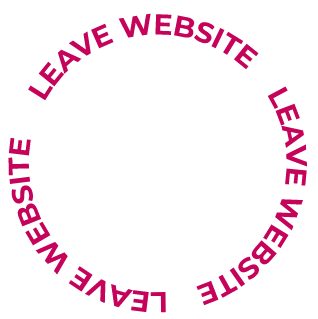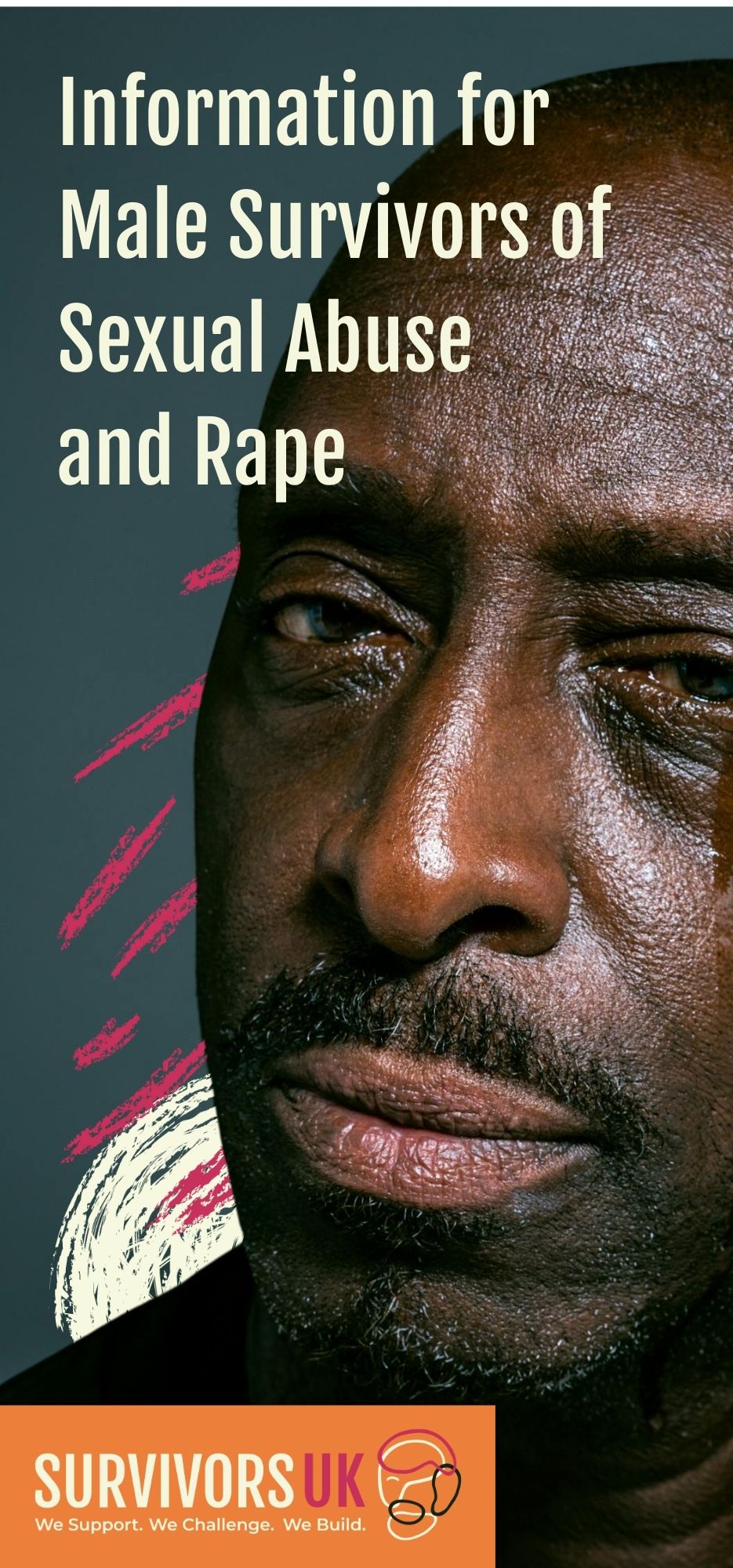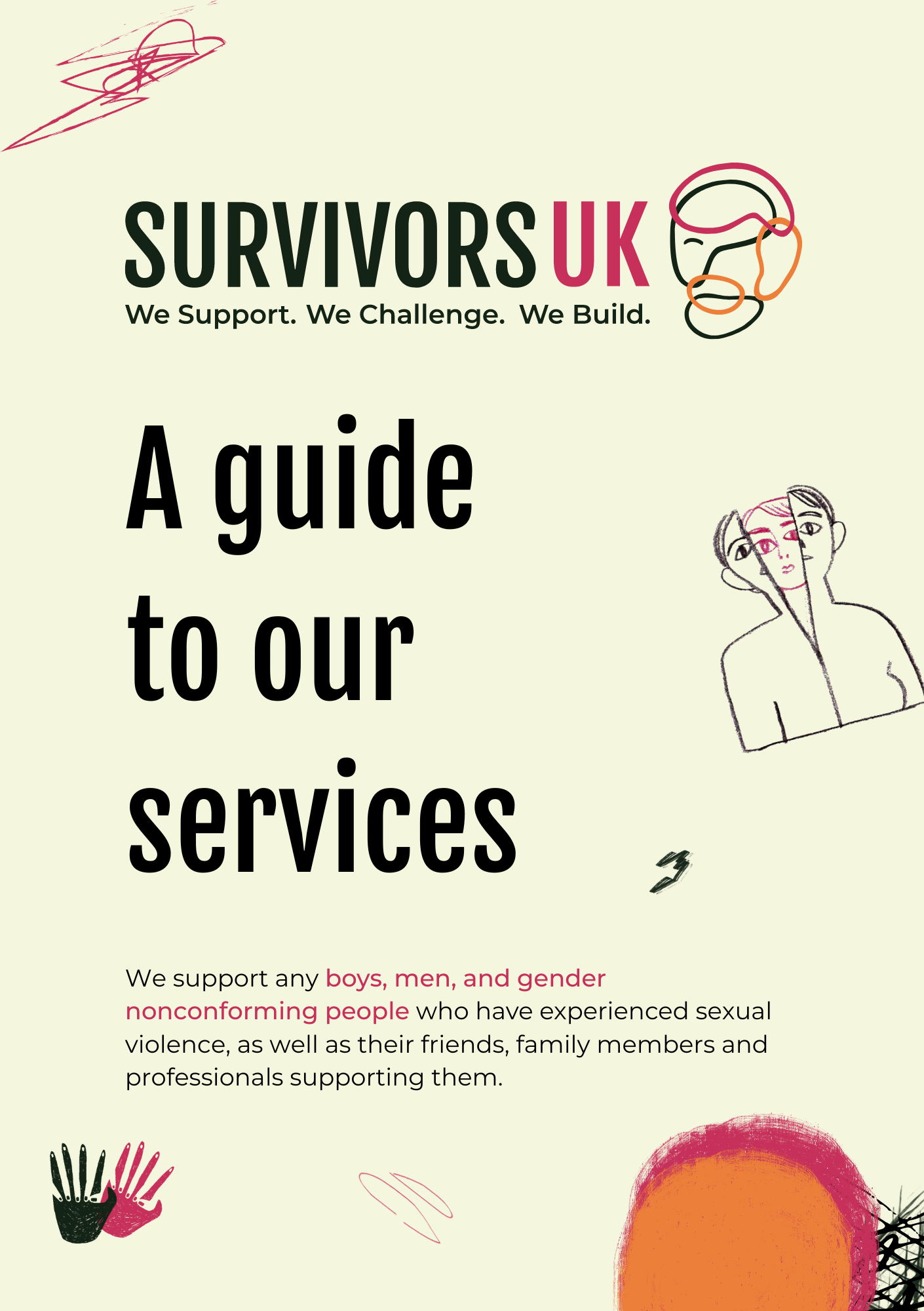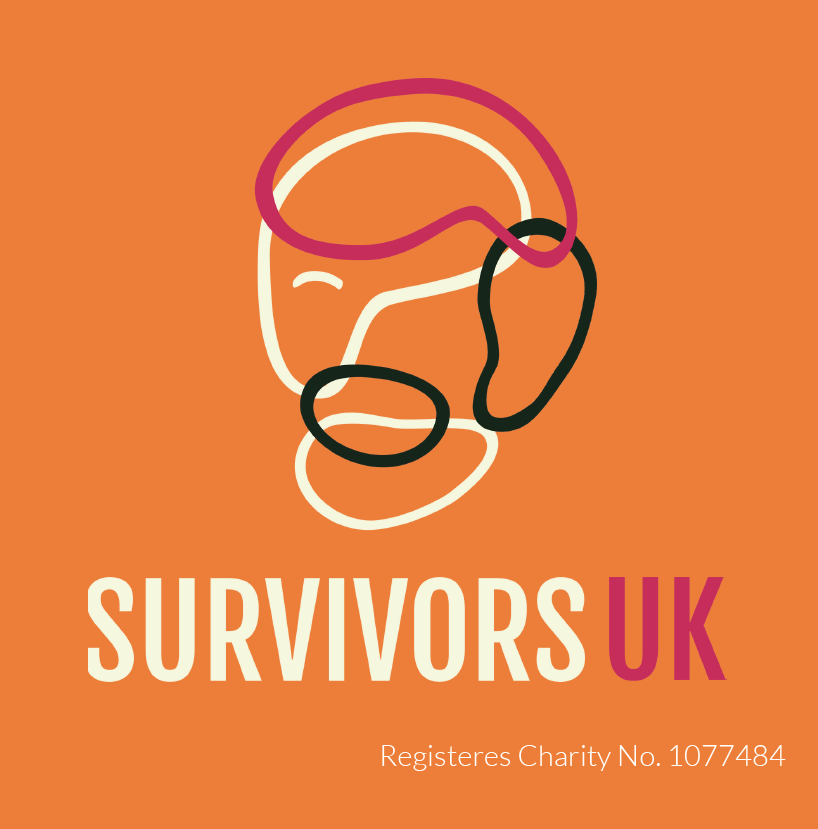
When anger is ignored

Anger. It has a bad reputation doesn’t it? For me it was such a no-go emotion that I don’t think I really recognized it (or let myself really feel it) until I was well into adulthood. And I know I’m not alone – quite often I meet people who verbally express what to me sounds very much like anger, but when I suggest that is the emotion they are feeling, clam up, tell me I am wrong, or quickly find an adjective that feels less controversial – annoyed, frustrated or upset. And I can completely understand why.
The problem with anger is the way some people express it. I’ve find myself in social and professional situations alike explaining the difference between anger and aggression. One of the most useful descriptions of anger I have ever heard (the source of which now escapes me) is that it is a reaction to our perception that we have been wronged by another – and therefore quite often a very valid and understandable emotion. The way I see it, anger only really becomes a problem when we feel the only way to express it is to cause or threaten harm to another – in other words, when the feeling of anger is expressed by the behavior aggression. For some of us, that can feel like the only way to express it – and is often the only way we’ve been shown or told we can express it. We lock it away and let it eat away at us – indeed, depression is often described as anger misdirected inwards towards ourselves.
So what to do with our anger? How do we get it out? Here are a few ideas of how to express your anger safely in a way that doesn’t hurt anyone – especially yourself.
1) Work it out.
Go for a run. Go to the gym. Go to a boxercise class. Find an old thick phone directory or catalogue and try to tear it up. Anything that helps let out the physical energy of anger that we might find ourselves carrying in our bodies.
2) Make some noise.
Make yourself an angry playlist, turn up the volume and let rip. Alternatively, go somewhere you know you can scream your head off and no-one will call the police – or utilize a pillow to muffle the noise. It might feel silly but, trust me, it can really work.
3) Pick up a pen.
They say the pen is mightier than the sword, and they may have a point. Think about who you are angry with, whether it be an ex, a parent, or someone who abused you, dead or alive, and write them a letter telling them exactly how angry you are with them, and why. Go to town – this is a letter to help you express what you need to express, not to put in the post, so let go of your fears of how your letter will be received, and what the consequences might me. What you do to it when you have finished it is entirely up to you, but tearing it up, burning it or even burying it might feel cathartic.
4) Mess up.
Get some paints, some crayons, or even some clay, and see what comes out. Think about colours, shapes and symbols that express how you are feeling, and let it out. The process in itself can help release that energy – smearing red paint over a canvas, scribbling black charcoal on paper or squeezing a lump of clay into shape can have a similar effect to going for that jog or shouting along to Hard Rock.
5) Talk.
Pick someone you feel you can talk to, whether it be a friend or a therapist, and practise verbalizing your anger. Look for words that describe how you feel or, if that feels difficult, try to explain how your experience your anger – is it a tension in your jaw? A black knot in your stomach? Try exploring what has triggered your anger, or when you remember first felt it – did something happened that day, or has it been lurking unexpressed for months, even years? Who is it you are really angry with? If talking to someone feels too much, writing about it or even recording yourself speaking your anger can have a similar effect.
6) Activate.
Without anger, figures like Malcom X, Harvey Milk and Emmeline Parkhurst would never have stood up for the violated rights of their brothers and sisters. Think about an issue you are angry about, whether it be sexual violence, the environment or politics, and join a group or an organization that campaigns about it. Alternatively, lobby your MP, write to your local paper, or join a protest – anything that helps you get your anger heard by the people who have the power to do something about it on a larger scale.
So there you have it. Anger isn’t all bad – in fact, a lot of positives can come out of it. We just need to know how to express it constructively to support ourselves and the world around us.







